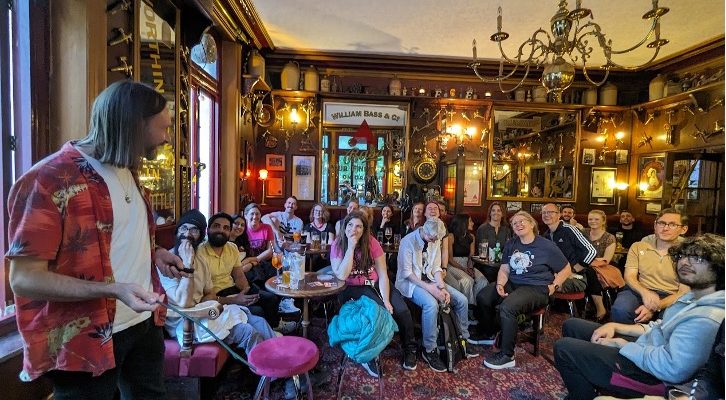Latest posts by Emily Baker (see all)
- Discover our Employing Humanities Programme - January 27, 2026
- Can an algorithm be sued? Lessons from the Law & Technology frontier - July 9, 2025
- A week in the life of a Psychology student: Saumyaand Anandi - March 11, 2025
